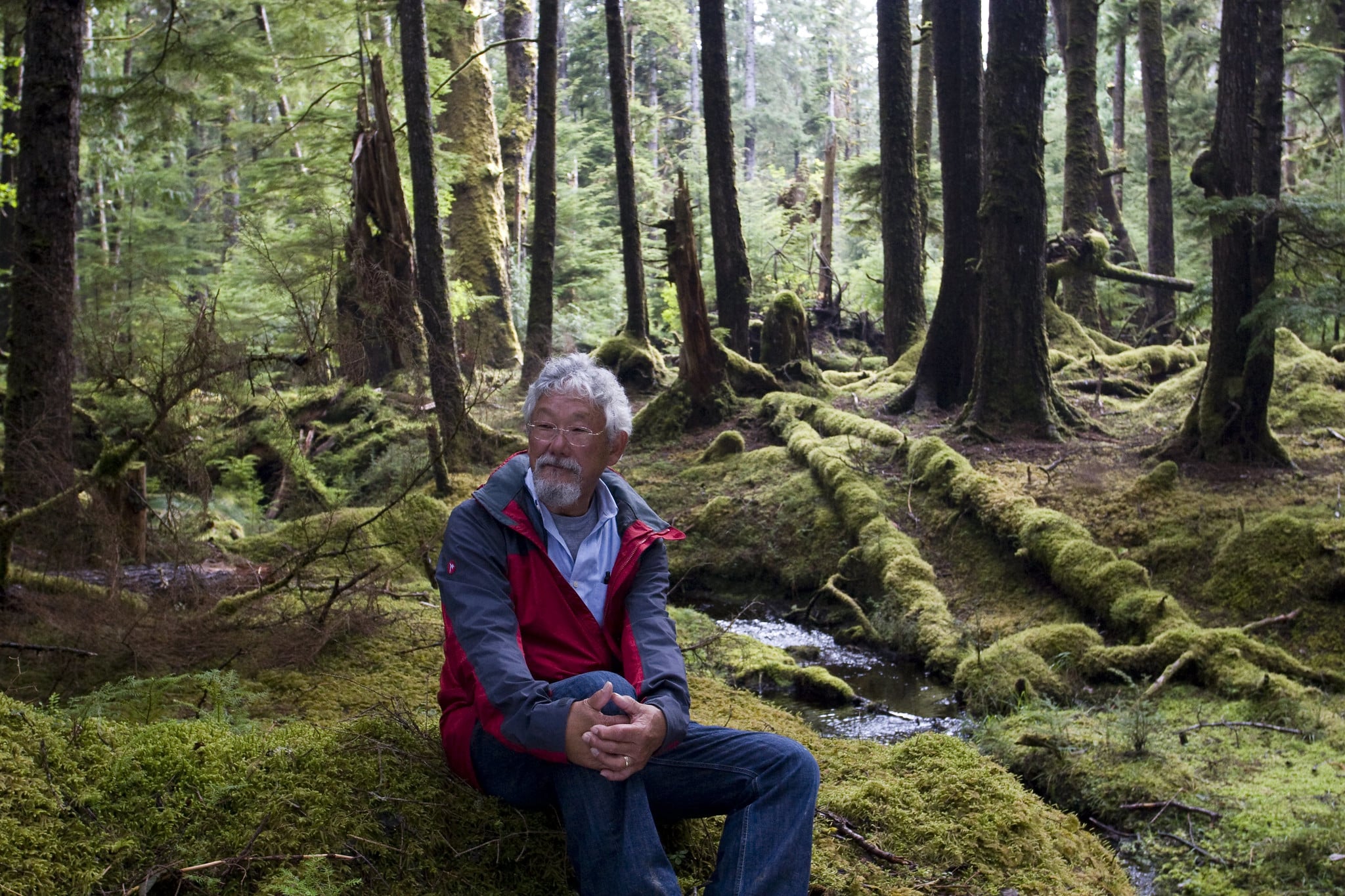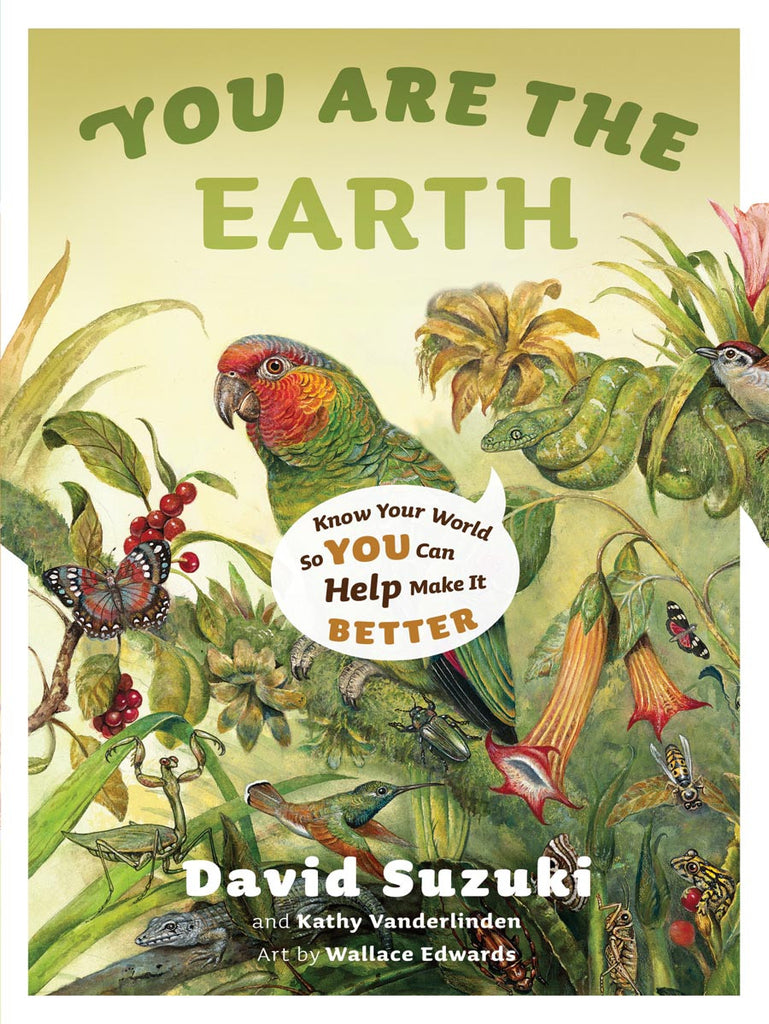
In this extensively updated new edition, David Suzuki reflects on the increasingly radical changes in science and nature- from the climate crisis to peak oil and the rise in clean energy - and examines what they mean for humankind.

How can we slow down and act from a place of respect for all living things? The Sacred Balance shows us how. (Sept.The world is changing at a relentless pace. Although these preambles contain some interesting tidbits ("there are 200 million insects for every human being on Earth") and a few insights into spirituality, the book's most original and memorable contribution is its photos. Each chapter begins with a few introductory pages about its theme. The seven chapters are mostly taken up with DeCambra's stunning photographs, interspersed with quotations from various thinkers and excerpts from the sacred texts of the world's religions.

"Spirit is beyond science," the authors say in the last chapter it involves understanding the interdependence of life. (In one fascinating vignette, he explores naïve enthusiasm for science by describing the universal praise in the 1950s for DEET, which his mother used to spray directly on the family's dinner just before serving it.) The book then devotes chapters to seven "elements" that are necessary to sustain life: water, air, fire, earth, biodiversity, love and spirit. In this piece, the highlight of the written text, he describes his own transformation from a young researcher who believed that science could answer every problem to an environmental activist who came to realize that science often created as many problems as it solved. It opens with a somewhat overwritten and florid explanation of the evolution of life and then settles into a personal essay by Suzuki, a scientist and environmentalist.

This impressive coffee-table book invites readers, through word and image, to experience and reflect on the interconnectedness of all life.


 0 kommentar(er)
0 kommentar(er)
